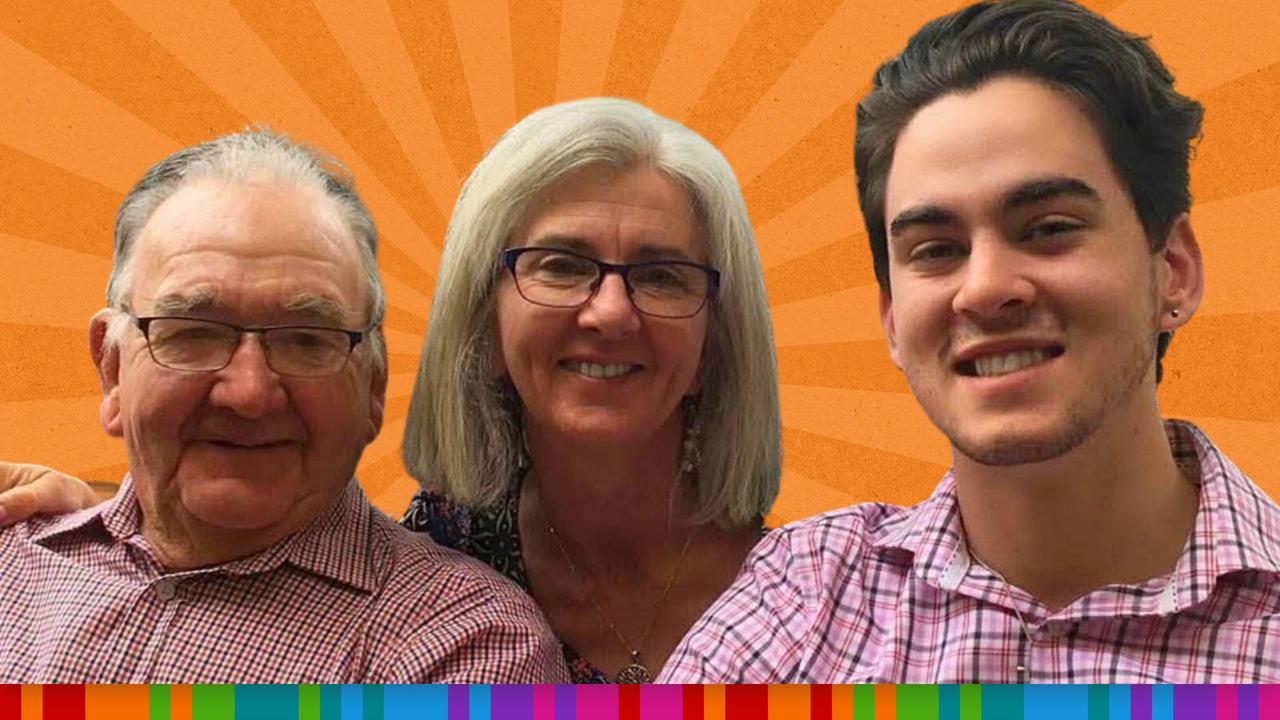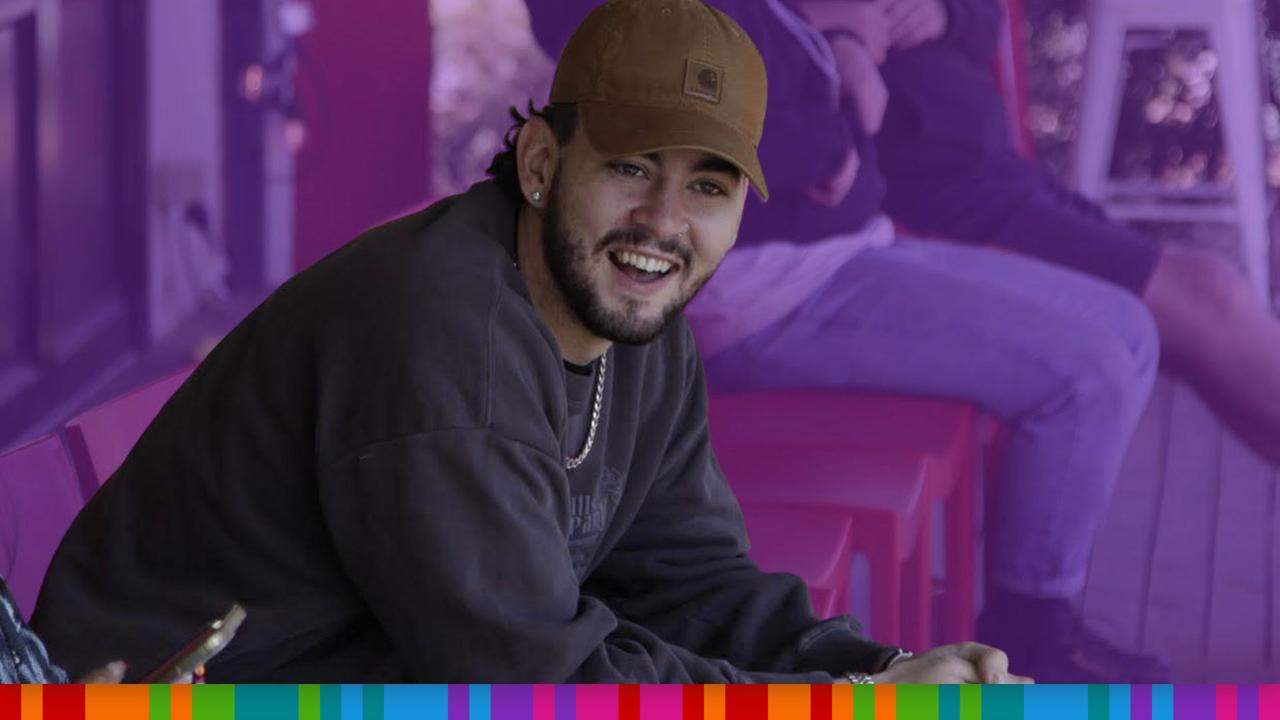‘So ashamed’: How stigma stopped one young Aussie getting help
A young Aussie explains how he went from attempting to take his life, to starting the most important mental health conversations with peers.
High school wasn’t easy for Reece Wheelhouse. Mental health was always a struggle for the now 23-year-old, and thoughts of taking his life weren’t uncommon.
“It was something that was always playing pretty loudly in the background,” he said.
“I started experiencing suicidal ideations, but I never really took them seriously. I don’t know if I took myself seriously.”
Things really came to a head for him in his final year of school — a stressful time for any teenager.
Mental health and suicide are not easy subjects to talk about, but news.com.au wants you to know you’re Not Alone. News.com.au’s Not Alone will raise awareness about these issues and provide you with the resources needed to reach out for help.

“In Year 12 I had a perfect storm — a lot of things that can impact someone’s mental health all happened at once,” he said.
“I was studying for my Year 12 exam, I was playing representative basketball and wanted that to go somewhere, and I’d just been through a break-up. It was a really challenging period. Plus, of course, Year 11 and 12 are really challenging just in general.”
It was during this time of everything piling on that suicidal thoughts became something more.
“I did attempt to take my life,” he said. “I never spoke about it, especially with my friends. I guess those thoughts that I had been avoiding just got louder and louder. It became more of a thing I felt like I should do, or I needed to do, rather than a random thought that would appear.”

Growing up in a rural part of Victoria, Mr Wheelhouse says it wasn’t normal for men, in particular, to talk about their feelings.
“Dealing with stigmas around — not even just mental health, but emotions — it was so extreme,” he said. “Any form of emotion that wasn’t happiness or anger, anything outside those ‘safe’ male emotions was seen as weak, or that you’re somehow not a man.”
It was a stigma that made it particularly hard to talk about how he was feeling, even to the psychologist he had been seeing since Year 10.
“I never even told my psychologist about my suicidal thoughts, even though we built a good rapport,” Mr Wheelhouse said.
“I felt isolated, even with this safe space — it feels like such a big scary thing to put a voice to. Having such a strong link between my emotions and my masculinity and identity was really hard.
“In my mind, to be vulnerable in school really challenged my whole identity as a man. I didn’t want to be put in a position where I could be judged or ostracised.
“I was just so ashamed of my mental illness and suicidal thoughts. I judged myself more than anyone else ever would.”
It was surviving that made Mr Wheelhouse realise something had to change. It was unusual for his friends to talk about how they were feeling, so he decided to be the one to start making it normal.
“I started making really small baby steps with my friends, like a ‘how are you?’, and really trying to navigate those situations,” he said.
“When we started it was really awkward and uncomfortable, but I think being able to stick with it — genuinely being curious and caring about each other — led me to being able to work my way up to talking about my mental health, and eventually my suicide attempt.
“I had to start really small just to prove to myself that I could do it.”
Awkward as it was, Mr Wheelhouse says it was so important.

“I always saw things saying speak up and reach out, but I think actually creating the space that allowed that to happen was really important. My whole life those spaces didn’t exist outside a psychologists office,” he said.
When he started these conversations, Mr Wheelhouse said what surprised him the most was how many of his friends had been going through similar things.
“I was pretty shocked. I think, especially in school, I was so wrapped up in my own life and finding a sense of self that I never even thought everyone is going through the same experiences,” he said.
“A lot of my friends, in different ways, had been through a lot of the same experiences and me. I wasn’t the only one who’d kept a lot of their cards close to their chest.”
His high school experiences spurred him on to find work helping others with their mental health once he graduated university.

Mr Wheelhouse now works with Reach — a youth not-for-profit that connects with young people, helping them deal with life’s challenges.
“I facilitate programs in primary schools, high schools and the community. I think having programs like this myself in high schools would have given me a safe space with peers where I could speak up,” he said.
“It feels like a more professional way to provide what I started trying to do with my friends in high school.”
If you’d like to help Reach run more workshops and help more youth deal with their mental health, you can donate right here.
More Coverage
Originally published as ‘So ashamed’: How stigma stopped one young Aussie getting help




